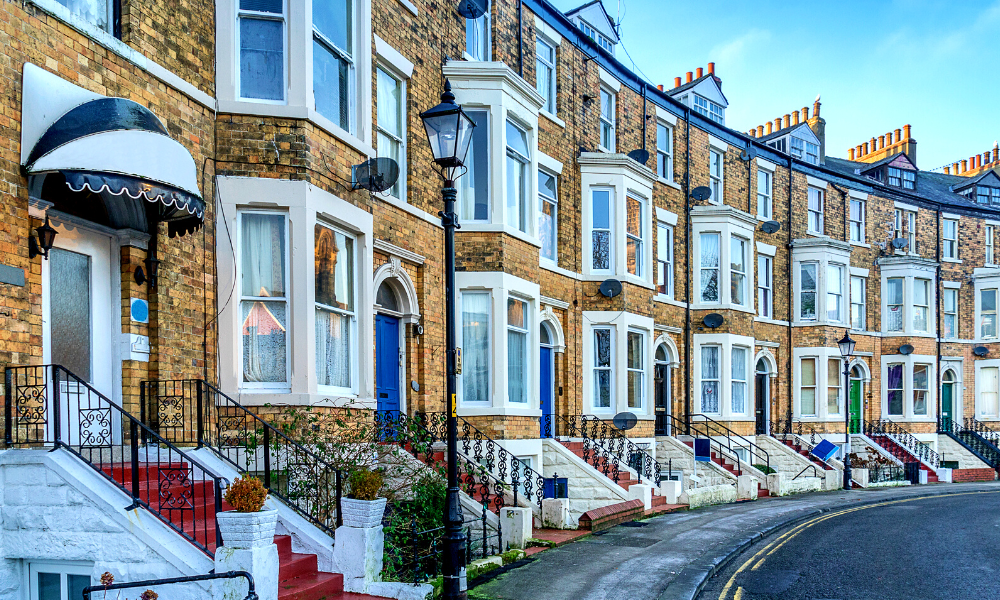Property prices, higher borrowing rates, proposed EPC regulations are all factors to why a strategic approach is essential for investors when looking at high yield BTL investments. Regardless of whether it's a main or secondary form of income, the margin of profit and re-evaluating the type of property they consider for investment.
Acquiring funds has also become difficult with many high street lenders reluctant to lend on BTL properties, stress tests becoming unviable or loan to value rates meaning a higher deposit is needed. Specialist lenders like West One understand these challenges, and can work with borrowers on a 1-2-1 basis adopting a flexible bespoke approach meaning investment opportunities are maximised.
The once high BTL yielding traditional properties producing healthy returns now seem less attractive, especially with the increase in mortgage rates, as 40% of landlords have mortgages on their property according to the BBC. One such route which may increase profitability for investors is properties classed as Homes in Multiple Occupation (HMOs).
Last year, HMO yields averaged between 6.80% - 7.50%, with some reporting yields around 15%, which is a considerable difference for traditional residential BTLs at 3.63%. Of course, HMO yields are dependent on location, as those who use HMOs are often students, areas with seasonal workers, low-income individuals who cannot solely acquire accommodation or those who must rely on the private sector.
Risk and reward
HMOs are certainly a way for investors to increase profitability in their investment choices.
However, as with all investment’s HMOs have an element of risk which needs to be thoroughly considered before purchasing a property. Below are just some of the risk and rewards associated with HMOs.
Reward of HMO investments
- Increased rental yields
- Fewer void periods
- There is a high demand for HMOs, particularly in cities, from students and young professionals who cannot afford the cost of a single-let property
- Possible tax advantages to HMOs, with more of the landlords’ costs being tax deductible
Risks involved in HMO investments
- Additional legislation involved in HMOs than a single-let property
- Limited number of suitable properties
- Not all letting agents are willing to manage an HMO and Management costs may be higher with an HMO
- The resale market for an HMO property is limited
- Finance for an HMO mortgage can be harder to obtain and often a bigger deposit will be required. However, a specialist lender, like West One, will have products specifically designed for HMO properties, whether purchasing or converting.
Funding an HMOs
There are two main avenues into HMOs investment, either converting a property or purchasing a building which is already set-up as an HMO. Understanding rules and regulations of how HMOs work and how to fund them is essential when investing. West One can assist with not only the purchase of the initially property, but also can provide funding to cover conversion with bridging finance.
Funding an HMO with West One:
- Available for first-time and experienced landlords
- Products for licensed HMO properties up to 10 bedrooms
- Available for UK based and expat landlords, through limited company SPV or personal names
- No minimum income – earned income must be declared and sufficient to cover lifestyle
- Student lets accepted
- Corporate lets accepted
- If a license has been applied for at point of application, we can look to lend on an unlicensed property
- No additional rate loading for limited company applications
- Specialist underwriting on all applications
For more information about purchasing or refinancing an HMO with West One or to simply make an enquiry please contact your BDM or the broker support team on 0333 123 4556 or email btlbrokersupport@westoneloans.co.uk.
